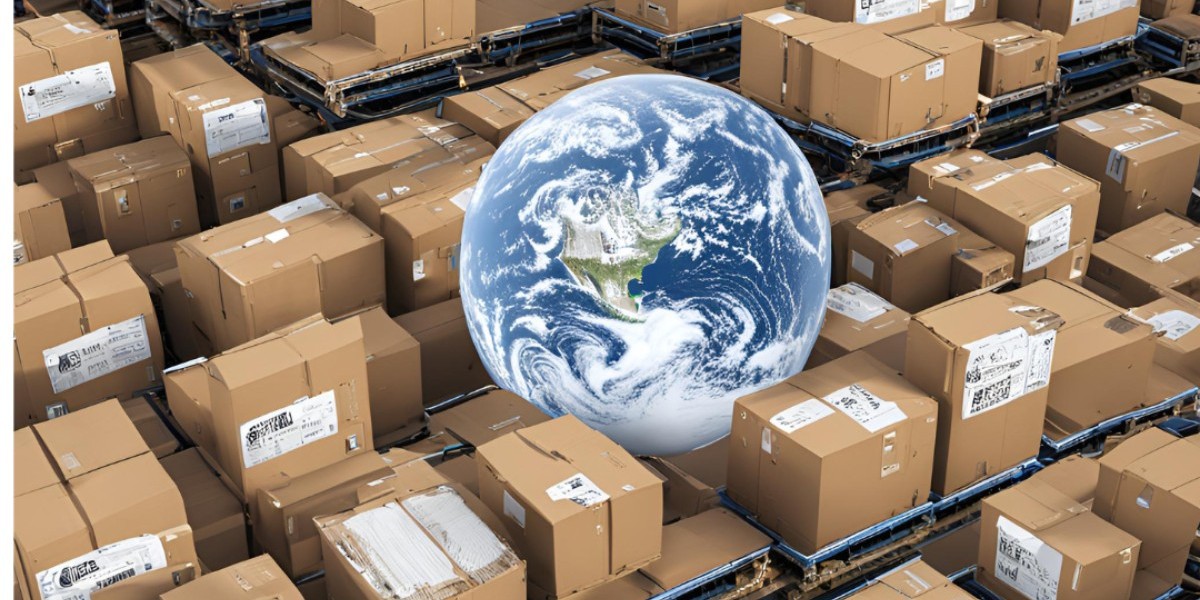The role of an Importer of Record Responsibilities (IOR) is pivotal in the global supply chain, serving as the responsible entity for ensuring that imported goods comply with all legal and regulatory requirements in the destination country. This responsibility is not merely procedural but also holds significant legal and financial implications. In this guide, we delve into the various responsibilities of an IOR, providing businesses with the essential knowledge to navigate international trade with confidence.
Who is the Importer of Record (IOR)?
The Importer of Record is an individual or entity designated to take responsibility for the importation of goods into a specific country. This role typically involves ensuring compliance with customs regulations, paying applicable taxes and duties, and providing accurate documentation. The IOR can be the buyer, seller, or a third-party organization authorized to handle these responsibilities.
Key Responsibilities of an Importer of Record
The IOR's duties encompass a range of activities that ensure smooth and compliant import operations. Here’s a breakdown of the primary responsibilities:
1. Legal and Regulatory Compliance
The IOR is responsible for adhering to all import regulations of the destination country. This includes:
Customs Laws: Ensuring that imported goods meet the legal requirements set by the customs authorities.
Trade Compliance: Abiding by international trade laws, including sanctions, export controls, and embargoes.
Product Regulations: Verifying that the goods comply with local standards, such as safety, quality, and labeling requirements.
Failure to comply can result in fines, delays, or even confiscation of goods.
2. Documentation Management
Accurate documentation is critical for the importation process. The IOR must ensure that all required documents are complete and submitted to the relevant authorities. Key documents include:
Commercial Invoice: Provides details about the goods, their value, and terms of sale.
Bill of Lading or Air Waybill: Acts as a receipt of shipment and evidence of the contract between the exporter and carrier.
Packing List: Details the contents of the shipment for customs inspection.
Import Licenses: If required, these must be obtained and presented.
Certificates of Origin: Confirm the goods' country of manufacture, often necessary for tariff classification.
3. Payment of Duties and Taxes
One of the fundamental responsibilities of the IOR is to pay all duties, taxes, and fees associated with the importation of goods. This may include:
Customs Duties: Calculated based on the classification and value of the goods.
Value-Added Tax (VAT): Applied in many countries to imported goods.
Excise Taxes: Specific to certain products, such as alcohol, tobacco, and luxury items.
Timely payment ensures that goods are not delayed or held at customs.
4. Product Classification and Tariff Codes
Correctly classifying goods under the Harmonized System (HS) codes is another vital responsibility. These codes determine the duties and taxes applicable to the shipment. Errors in classification can lead to:
Overpayment or underpayment of duties.
Delays in customs clearance.
Potential penalties for non-compliance.
5. Ensuring Proper Markings and Labeling
Imported goods must meet the labeling requirements of the destination country. This can include:
Product Labels: Information such as origin, safety warnings, and ingredients.
Packaging Standards: Ensuring materials comply with environmental or safety regulations.
Failure to comply with labeling standards can result in fines or rejected shipments.
6. Managing Import Licenses and Permits
Certain products, such as pharmaceuticals, electronics, and food items, may require special permits or licenses. The IOR is responsible for:
Obtaining the necessary permits before shipment.
Ensuring all additional regulatory requirements are fulfilled.
7. Acting as a Liaison with Customs Authorities
The IOR serves as the primary point of contact between the customs authorities and the business. This involves:
Answering queries from customs officials.
Providing additional documentation or information as needed.
Resolving disputes or issues that arise during the clearance process.
8. Record-Keeping and Audit Readiness
Customs authorities may audit import transactions to ensure compliance. The IOR must maintain detailed records of all imports, including:
Copies of all documentation submitted.
Proof of payment for duties and taxes.
Records of any correspondence with customs authorities.
Typically, records must be kept for a specified period, often five years or more, depending on local regulations.
Risks and Challenges for the Importer of Record
While the responsibilities of an IOR are clearly defined, the role comes with inherent challenges, such as:
Regulatory Changes: Keeping up with evolving import regulations in different countries.
Financial Liability: The IOR bears financial responsibility for duties, taxes, and penalties.
Operational Complexity: Managing multiple shipments and varying documentation requirements.
Legal Risks: Non-compliance can lead to legal action, fines, and damage to reputation.
To mitigate these risks, many businesses partner with experienced third-party IOR service providers.
The Role of IOR Service Providers
Engaging a professional IOR service provider can streamline the import process, especially for businesses entering new markets. These providers offer:
Expertise in local regulations and requirements.
Assistance with documentation, permits, and licenses.
Efficient handling of customs clearance and payment processes.
By outsourcing IOR responsibilities, businesses can focus on core operations while ensuring compliance and minimizing risks.
Conclusion
The Importer of Record plays a critical role in international trade, serving as the linchpin for compliance, documentation, and financial accountability. Whether acting independently or through a trusted service provider, the IOR’s responsibilities ensure that goods move smoothly through customs and reach their destination without legal or operational hiccups.
For businesses involved in global trade, understanding and fulfilling IOR duties is essential for sustained success in the international marketplace.



